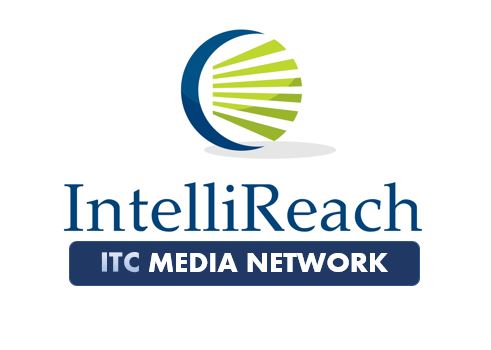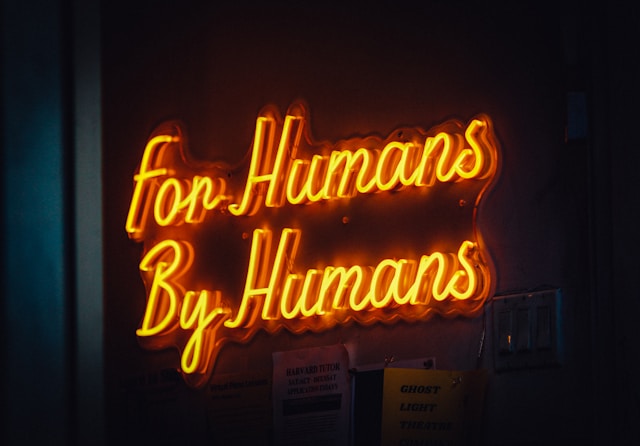Initial fears that artificial intelligence (AI) would usher in an era of mass unemployment are proving to be largely unfounded, according to recent studies and real-world applications. Instead of rendering human roles obsolete, AI is increasingly acting as a powerful co-pilot, particularly for sales and marketing professionals.
This role of AI is not only boosting their productivity but also providing a sense of job security, enabling them to focus on more strategic and creative aspects of their jobs. An Associated Press (AP) article highlighted this shifting perspective, suggesting that AI may not be the job killer many feared but rather a tool that makes workers more efficient. This view resonates strongly within the sales and marketing disciplines, where AI-powered technologies are rapidly being adopted not to replace human talent, but to augment it.
How AI is Helping Sales and Marketing Professionals Be More Productive
The statistics paint a clear picture of this integration. According to a recent report, a significant percentage of sales and marketing professionals already leverage AI in their daily tasks. For instance, one study indicates that 43% of salespeople used AI in 2024, a notable increase. Adoption is even higher in marketing, with 74% of marketers reporting AI usage in the same year.
So, how is AI contributing to this boost in productivity within these fields?
AI is taking over time-consuming, repetitive tasks in sales teams, freeing up representatives to focus on building customer relationships and closing deals. AI-powered tools are being used for:

- Lead Scoring and Prioritization: Analyzing vast amounts of data to identify and rank leads most likely to convert, allowing sales teams to focus their efforts effectively.
- Sales Forecasting: Providing more accurate predictions based on historical data and market trends, enabling better resource allocation and strategy.
- Customer Relationship Management (CRM) Enhancement: Automating data entry, updating customer profiles, and providing valuable insights into customer behavior and preferences.
- Personalized Outreach: Assisting in crafting tailored email campaigns and communications based on individual prospect data, leading to higher engagement rates.
- Conversation Intelligence: Analyzing sales calls to provide feedback, identify successful strategies, and help representatives improve their techniques. Reports suggest that sales reps using AI-recommended actions have seen a significant increase in win rates.
For marketing professionals, AI is proving to be equally transformative, enhancing creativity and efficiency in numerous ways:

- Content Creation and Optimization: Generating draft content, suggesting improvements for existing copy, and optimizing content for search engines and different platforms. Studies show that 85% of marketers use AI for content creation.
- Personalization at Scale: Delivering highly personalized email marketing campaigns and experiences to individual customers based on their demographics, behavior, and purchase history.
- Data Analysis and Insights: Processing and analyzing large datasets to identify trends, understand customer segments, and measure campaign performance more effectively.
- Marketing Automation: Automating repetitive tasks such as email scheduling, social media posting, and ad campaign management allows marketers to focus on strategy.
- Predictive Analytics: Forecasting marketing trends and customer behavior for future campaign planning and budget allocation.
While concerns about the future of work in the age of AI are understandable, the current trajectory suggests a collaborative future. As Nick Bunker, an economist at the Indeed Hiring Lab, noted in the AP article, "AI will affect many, many jobs — maybe every job indirectly to some extent. But I don't think it's going to lead to, say, mass unemployment." He emphasizes that technology historically eliminates some jobs while creating others, ultimately making workers more productive.
AI As a Productivity Tool
The most successful companies will embrace AI as a tool to enhance their core capabilities. They will focus on developing uniquely human skills AI cannot replicate, such as emotional intelligence, strategic thinking, creativity, and complex problem-solving. By doing so, they can navigate the evolving landscape and leverage AI to achieve unprecedented productivity while boosting employee morale.
Got An Idea? Lets Make It
Happen Today
Just Wanna Chat ? Just let Us Know When







